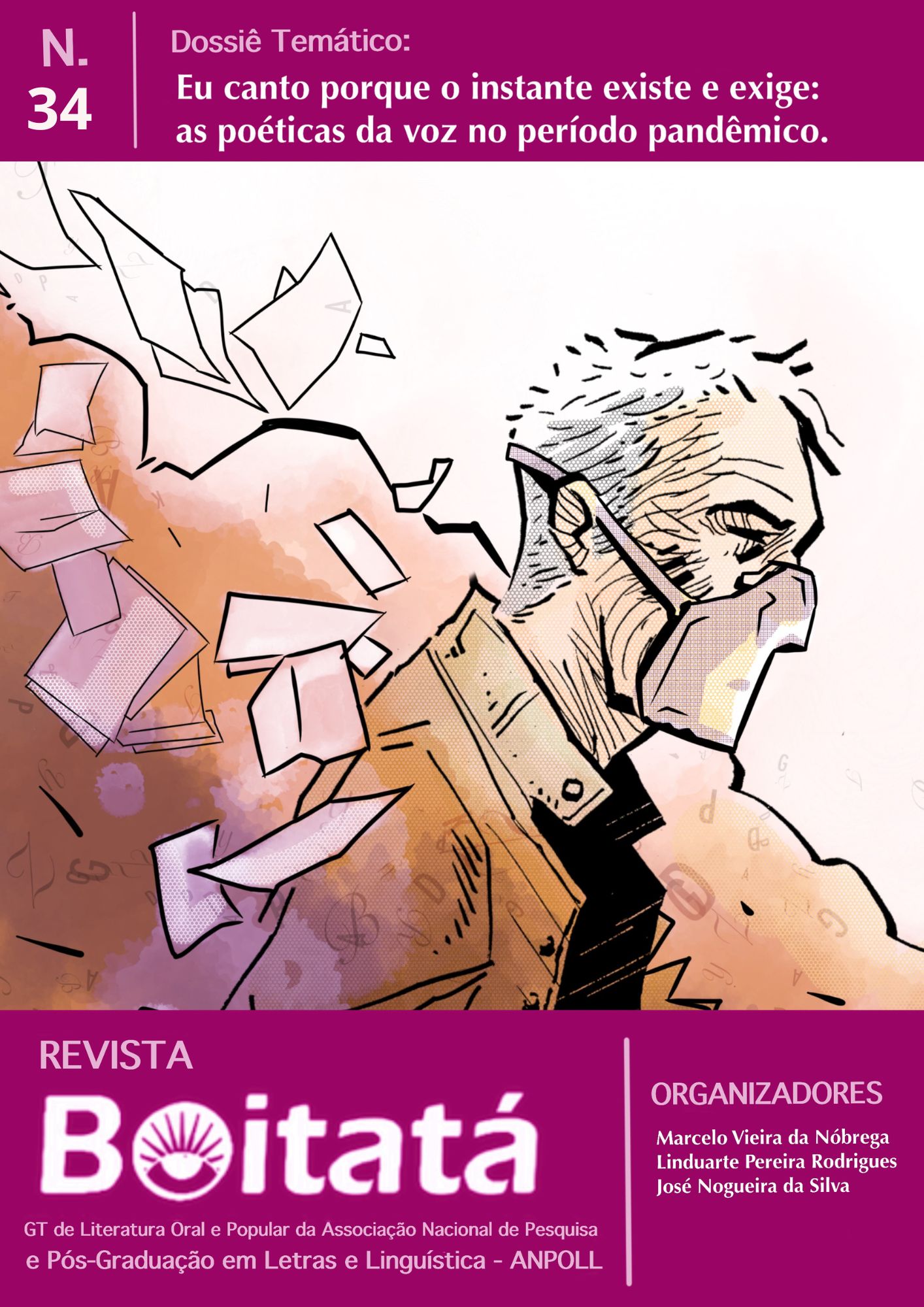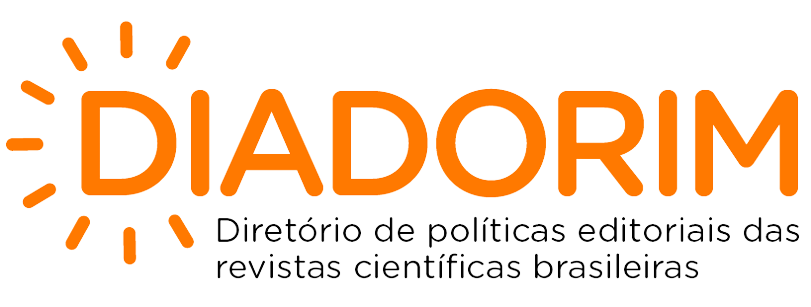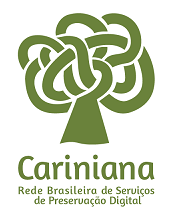Process of Creating the Illustration “Orality and Dystopia”
DOI:
https://doi.org/10.5433/boitata.2022v17.e49779Keywords:
Illustration, Orality, Process criticism, Pandemic, Non-verbalspeechAbstract
This essay aims to discuss the creative process of the illustration “Orality and Dystopia” present on the cover of the thematic dossier “I sing because the moment exists and demands it: the poetics of the voice in the pandemic period”. The objective of illustration is to complement a verbal speech through the theme and subject that the editor or body of organizers presents to the reader, which requires the artist the ability to create a synthesis of the editorial project in a non-verbal composition. The analysis of manuscripts and creative trajectories contributes to the interdisciplinary training of researchers who work in languages that border between oral, verbal and non-verbal, such as illustrators, comic book authors and multimedia artists. The course of the essay consists of presenting the concept of process criticism, the conception of the elements present in the illustration and their respective presentation.
Downloads
References
AMBROSE, G.; HARRIS, P. Design básico: imagem. Porto Alegre: Bookman, 2009.
EISNER, W. Quadrinhos e arte sequencial. São Paulo: Martins Fontes, 2010.
GOMBRICH, E. H. A história da arte. Rio de Janeiro: Editora LTC, 2015.
PESSOA, A. R. Oralidade e distopia (Ilustração), desenho e pintura digital. Revista do GT de Literatura Oral e Popular da ANPOLL – ISSN 1980-4504. Londrina: Revista Boitatá, 2020.
SALLES, C. A. Gesto inacabado: processo de criação artística. São Paulo: FAPESP, 2007.
SANTAELLA, L. Semiótica aplicada. São Paulo: Pioneira Thomson Learning, 2005.
Downloads
Published
How to Cite
Issue
Section
License
Copyright (c) 2022 Alberto Pessoa

This work is licensed under a Creative Commons Attribution 4.0 International License.
Boitatá esta licenciada com CC BY sob essa licença é possível: Compartilhar - copiar e redistribuir o material em qualquer suporte ou formato. Adaptar - remixar, transformar, e criar a partir do material, atribuindo o devido crédito e prover um link para a licença e indicar se mudanças foram feitas.




















